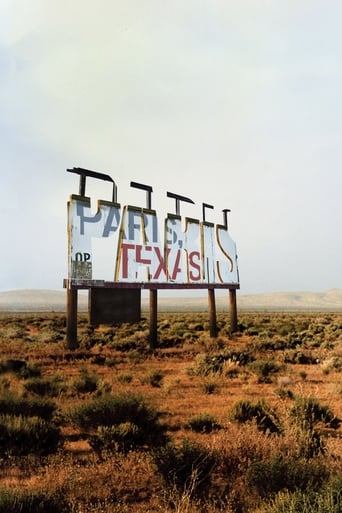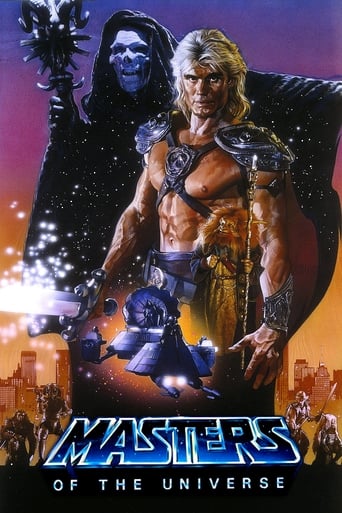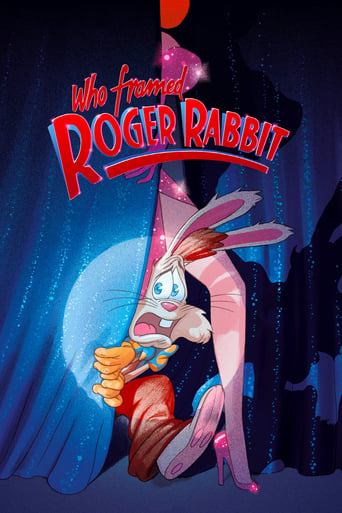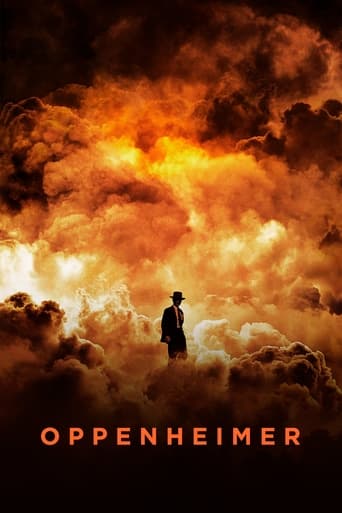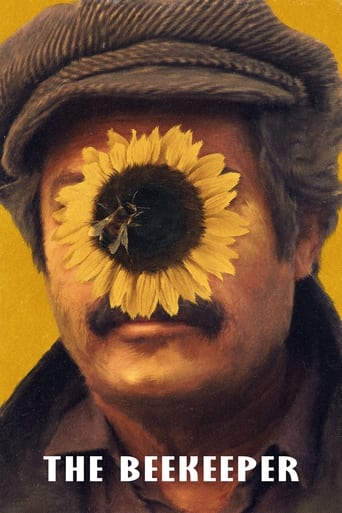


The Beekeeper
Following the wedding of his daughter, stone-faced beekeeper Spyros makes an annual journey from the north of Greece to the south, traveling along with his hives. En route, he meets an erratic, young female drifter, with whom he strikes up an unusual, self-destructive relationship.
-
- Cast:
- Marcello Mastroianni , Nadia Mourouzi , Serge Reggiani , Jenny Roussea , Dinos Iliopoulos , Vasia Panagopoulou , Dimitris Poulikakos


Similar titles

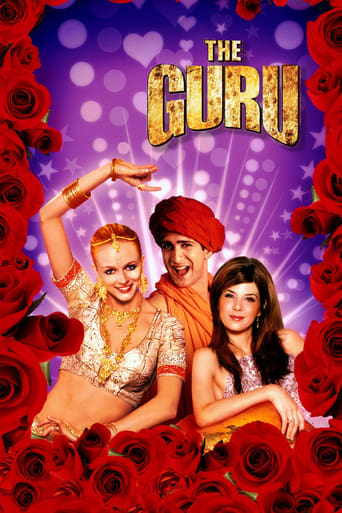
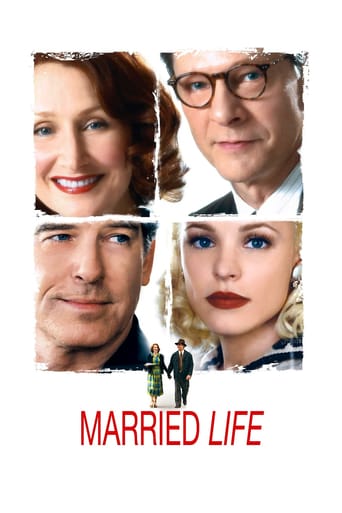

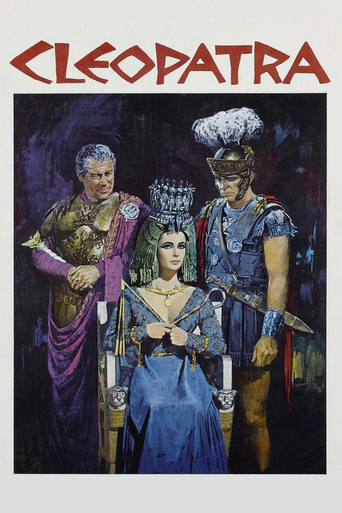

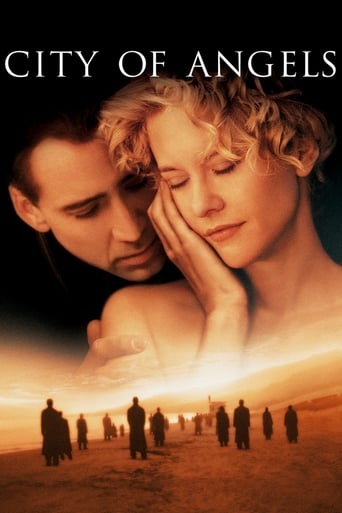

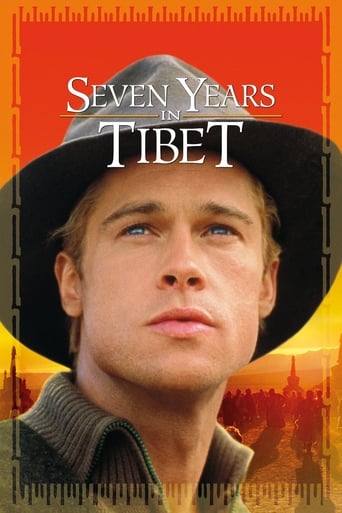
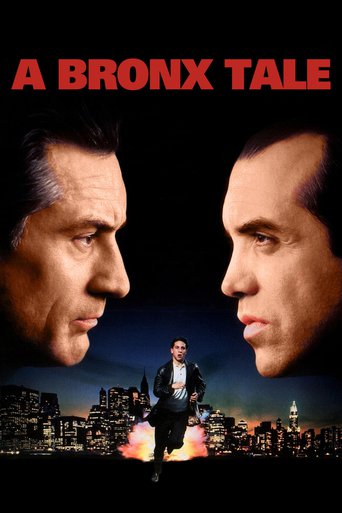
Reviews
Wow! Such a good movie.
As Good As It Gets
It's a feast for the eyes. But what really makes this dramedy work is the acting.
Blistering performances.
THE BEDEKEPER (L'APICULTEUR) has a straightforward plot involving the odyssey of a former schoolteacher Spyros (Marcello Mastrioanni), who embarks on a journey by lorry all over Greece and its islands to chase the honey. He ends up in his former home, now deserted, and frequents a now-deserted cinema. On the way he picks up a young girl (Nadia Mournuzi) with whom he has an on-off affair before she leaves him to embark on her travels once more.Set during the early spring, Theo Angelopoulos's film evokes a world coming to life after its winter hibernation - of showers, watery sunshine and pinkish sunsets setting over mountainous rural landscapes. Such images of future promise contrast starkly with Spyros's mental state; his beekeeping business is in decline, his wife Anna (Jenny Roussea) no longer lives with him, while he has become estranged from his daughter. It seems that he embarks on an apparently never-ending road trip because he believes he has to rather than of his own own volition.Unable to express himself except through physical acts, Spyros remains perpetually alienated from the landscape and the people inhabiting it. He visits several local communities, all of whom enjoy collective experiences of sitting outside, sipping their drinks and gossiping happily; but he can never involve himself in their lives. He remains an outsider, the object of cinematographer Giorgos Arvanitis's penetrating gaze.Despite Mastrioanni's masterly performance notable mostly for its stillness rather than action, L'APICULTEUR proves an unpleasant cinematic experience. Spyros has done something in the past to alienate himself from his family; there is a suggestion that he is a actually a pedophile. On his daughter's wedding day he gathers her up in her arms in such a way as to denote excessive affection; later on he makes love to the girl on the cinema stage by smothering her, in spite of her repeated entreaties to let her go. It's as if he cannot endure the sight of young people as they remind him of his own mortality; hence he needs to deflower them of their innocence.The cinema-image is also significant, suggesting the desire to exhibit all his seamier qualities in public. Angelopoulous intensifies that sense with a scopophilic obsession with photographing the girl in the nude, the camera lovingly tracking the contours of her body in a series of shots taken from Spyros's point of view. In the end we wonder whether she functions solely as an object of the director's and the leading character's misogyny.The mood is one of unrelenting intensity that seems particularly redolent of the mid-Eighties, a time when anti-feminism was much more of an issue in Europe than it might be today. L'APICULTEUR 's certainly an art-house film, but one whose shortcomings need to be pointed out.
This film taught me that you have to do the craziest things,leave everything behind and travel when you have the change.Then Spyros(Marcelo Mastogianni) after his daughter's wedding he leaves his job as a teacher and goes on a road trip from north to south with the thing that he cared about the most in his life his bees.Spyros is the tragic hero who finds love but he has to leave it because he couldn't hold it and his lover couldn't respond to his love.In the middle of the film we see the outburst of Spyros he wins the girl and leaves with her.The girl understands his loneliness his silence and the feeling of caring he has for her.The bees are the reason he is traveling but when he meets the girl the travel gets a different cause.So after she has abandoned him he in a final dramatic scene lets the bees to kill him giving him the end he always wanted.Marcelo Mastogianni's performance is great.Although the dialog is little in the film.Nadia Mourouzi is great too and delivers the story the best way possible.Theo Angelopoulos once again with magnificent storytelling and landscape photography gives the viewer an unforgettable experience.Sometimes you might feel a little bored though,because of the little dialog.But the short dialog isn't a disadvantage because it is the film which needs silence since the film belongs to the Trilogy of Silence.Also I have a theory on the girl.I believe that the girl is an imagination of his wife and the things the live together are memories of her.He visits his old hometown they make love on the theater,I believe that all these images are memories of how he met his wife.The film itself has a nostalgic air,so by traveling he remembers his old love.Another clue is that people from the present like his old friend(Dinos Iliopoulos) or his daughter have no contact with the girl.With the end of the journey the memory leaves,the girl leaves and he dies.I think it is possible as Theo Angelopoulos uses shots in his films often drift back and forth in time.Of course it is just a theory.Highlight of the film for me it was Spyro's unique death and the brief view of my hometown Ioannina.
I came via this film by way of leading man Marcello Mastroianni, in many of Fellini's greats, though I actually preferred his performance alongside Guilietta Masina in Ginger and Fred, actually made/released the same year as this, 1986 than in my comparative example, 8.5I bought the DVD of The Beekeeper cold, not knowing of, or having seen this Greek director's work before. I don't think I was under the illusion that it was going to be all holiday sun and gaiety - indeed, it is not. We, in the U.K are not used to seeing Greece in the winter, with remnants of snow and greying landscapes that hint at times passing, of buildings in slight dilapidation and overtones of regret and slight bitterness. One scene in spring IS in full colourful sunshine, the remainder at night or on grey, rather oppressive days.Spyro (Mastroianni) leaves work for the last time and disillusioned, wants to finally devote all his time, love and energies to his faithful friends, his bees. With them in their hides, on the back of his truck, he drives off, in search of pollen for them and a new meaning for himself. After a chance pickup of the beautiful hitch-hiker (referred to in the IMDb credits simply as 'The Girl'), left behind after her previous lift (or boyfriend?) holds up a shop and drives off sharpish, without her, Spyro seems to be too polite/worn down/shy, or whatever, to pick up on her lead. In fact, it is not for an hour and half until he finally - and abruptly, succumbs, clumsily and badly. She had already picked up a young soldier, just discharged. Spyro has rescued her from him. Now, will she revive his spirit, his bittersweet, nonchalant view on the human world, or will she wither with him? The last scene but one, outside the old run-down movie theatre where they have been sleeping, a speeding trains hurtles, as if like moving film itself, very fast, transient, timeless, golden, against a Hollywood backdrop of romance, from the '30s or 40's. I found this a sober, absorbing and never boring film that gave space and time to allow one to think outside of what was happening. The life-cycle, struck me as being (maybe) that of that of the queen bee and her workers. The beautiful, unnamed stranger who mates with the worker (Spyro) and then moves on, ready for the next one. The final scene, spine-tingling in its portrayal (I'm NOT going to spoil it!) re- emphasises that, for me. There is a little humour and gentle light relief in amongst all this, as Spyro meets up with old friends and his daughter along the way. If you want a frilly popcorn film, forget this one, but for adult, thought- provoking and unpretentious - and mostly, a different, experience, as well as for Marciello's masterful and understated performance, this is most satisfying world cinema.
I cannot go for long without returning to Angelopoulos. He is,for me, quite simply, the world's greatest living director. His films generally home in on a single theme and explore it with a profundity without equal in contemporary cinema. In "Landscape in a Mist" it is the quest for the Deity. In "Ulysees Gaze" he studies the man who would put Art before human considerations. In "The Beekeeper" he considers the destructiveness that can arise if the male menopause gets out of control. His characters are constantly standing on an abyss. Either they fall like the director in "Ullyses" or they are redeemed like the children in "Landscape". Spiros (Marcello Mastroianni at his finest) is a recently retired schoolteacher who sublimates an empty future in the temporary respite of a journey with his bees to find a spring climate where they will flourish at the end of a long winter. The opening of "The Beekeeper" is masterly. We learn everything we need to know about Spiros's loneliness and the emptiness of his family relationships by observing the party that follows his daughter's wedding. It is a quiet affair at the family home. Very few words are spoken but glances particularly between Spiros and his wife tell of a lack of communication and infinite sadness. There is a moment of pure magic when the daughter catches sight of a bird in the room which neither we nor any of the other characters see. She tries unsuccessfully to catch it during which time seems to stop still as it does when people in a street in "Landscape" stand motionless looking up at falling snow. It would be misleading to suggest that the rest of "The Beekeeper" sustains the level of inspiration of its first 20 minutes. Compared with "Landscape", "Ulysses" and "Eternity and a Day" the situation is static rather than developmental. A girl hitchhiker foists herself on Spiros. At first he tries to shake her off. She is after all a rather selfish, empty headed tart, who at one point even encourages a young soldier to have sex with her in a seedy hotel room which Spiros is forced to share with her. Eventually Spiros himself seduces her in a clapped out old cinema where they are spending the night. It is an act neither of love or lust but one born of the desperation of a middle-aged man trying to regain something of his lost youthful virility. The result is self-disgust and a terrible suicide of death by stinging. The only assertive creatures in Angelopoulos's despairing world are the bees.

